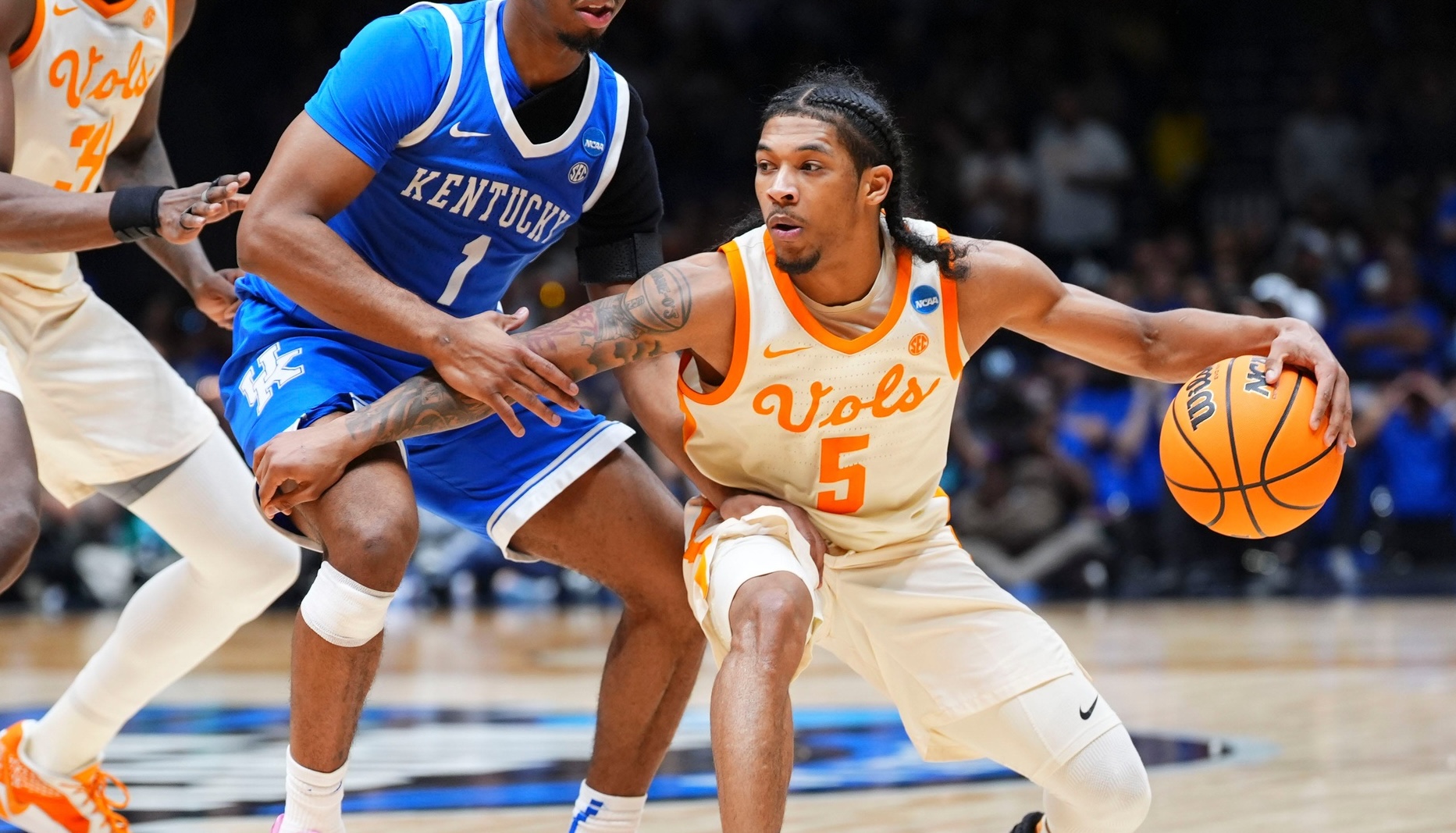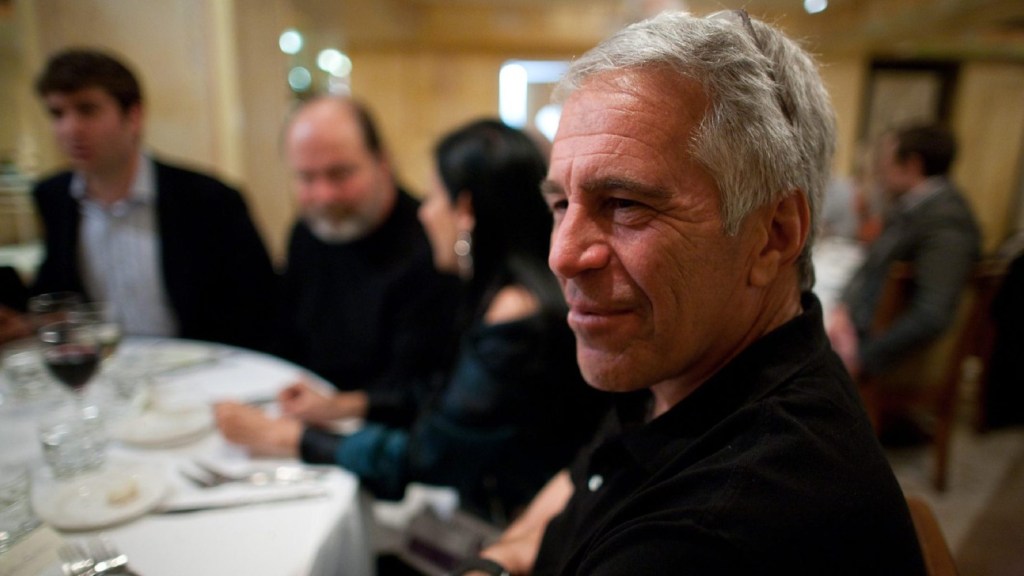Former Tennessee guard Zakai Zeigler’s quest for a fifth year hit a roadblock in court Thursday.
A Tennessee federal judge denied Zeigler’s request for a preliminary injunction, which could have let him play while his lawsuit proceeded in court.
In May, Zeigler, who led the Volunteers to two Elite Eight appearances, sued the NCAA for a fifth year of eligibility, citing potential lost NIL (name, image, and likeness) earnings.
The case is different from Vanderbilt quarterback Diego Pavia’s successful lawsuit that sought to have junior college not count against a player’s eligibility. Zeigler’s lawsuit asks for a fifth year of eligibility despite playing four full years of NCAA Division I basketball at Tennessee.
In her opinion, judge Katherine Crytzer wrote that Zeigler and his legal team failed to present sufficient evidence that the NCAA’s current eligibility system “produces substantial anticompetitive effects in the market.”
“We are disappointed the Court declined to grant a preliminary injunction on the basis that the NCAA does not directly control NIL compensation, just days after the House settlement confirmed they would do exactly that,” Litson PLLC and Garza Law Firm, Zeigler’s representation, said in a statement. “This ruling is just the first chapter of what we believe will ultimately be a successful challenge.”
Zeigler, who filed his suit in the Eastern District of Tennessee, is claiming he could make between $2 million and $4 million in NIL money next season after he made just $500,000 this past season. The figures come from an analysis Zeigler sought from Spyre Sports Group—Tennessee’s NIL collective—and not on actual deals Zeigler has been offered.
NCAA rules give Division I athletes five years to play four seasons, with a redshirt year available if an athlete is injured or needs time to develop. He says the four-limit prevented him from cashing in on the lucrative fifth year he describes in his lawsuit.
The court did not agree with Zeigler that the NCAA was violating antitrust laws and impacting athlete earnings with its current rule of four seasons of eligibility.
“Plaintiff has failed to present sufficient evidence that the Four-Seasons Rule produces substantial anticompetitive effects in the market for student-athlete services and NIL compensation in Division I basketball,” Crytzer wrote in her decision.

















